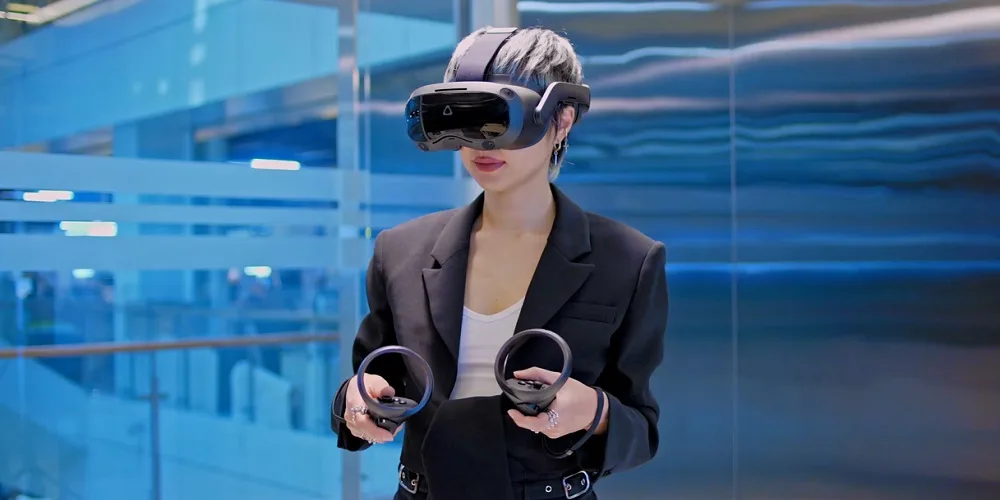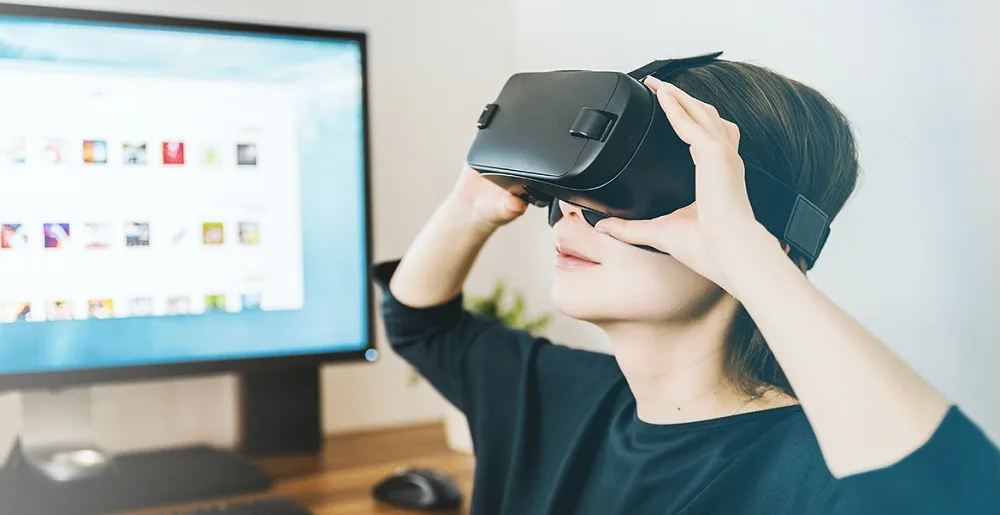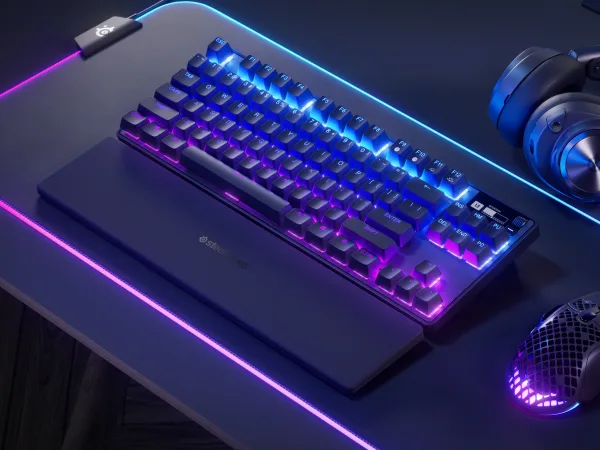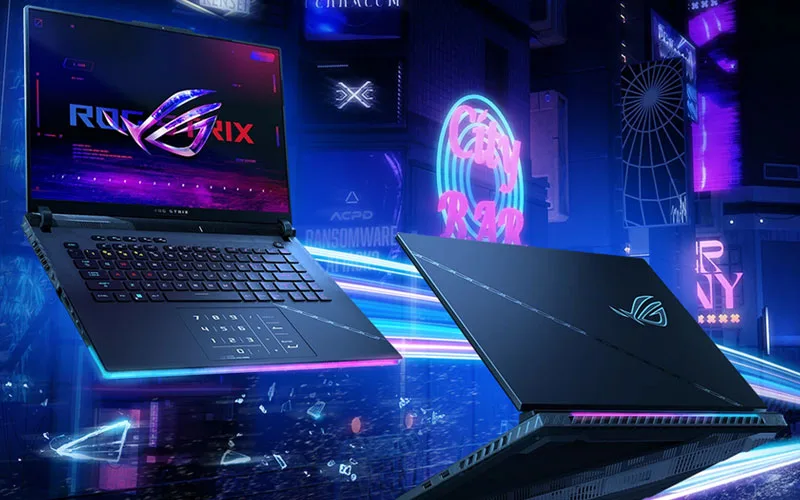
VR Opportunities That Have Become Real Now
Virtual Reality (VR) has transitioned from a futuristic concept to an integral part of our present-day technological landscape. This immersive technology, powered by virtual reality glasses, has opened up a new realm of possibilities across various sectors. From enhancing gaming experiences to revolutionizing medical training, VR capabilities have expanded far beyond their initial entertainment-based applications. This article delves into the types of VR technologies available, their current applications, and the prospects for future use.
The Evolution of Virtual Reality Glasses
Virtual reality glasses, or VR headsets, are the primary tools for experiencing immersive virtual environments. These devices have evolved significantly, offering users high-resolution displays, accurate motion tracking, and advanced interaction systems. Modern VR glasses can be divided into three main categories: tethered, standalone, and mobile. Tethered headsets provide the highest quality experience, requiring a connection to a powerful PC or gaming console. Standalone headsets, on the other hand, are self-contained units with built-in processing power, offering a good balance of quality and convenience. Mobile VR headsets are the most accessible, utilizing smartphones to create a virtual experience, though with limitations in performance and immersion.
Types of Virtual Reality Technologies
VR technology encompasses more than just headsets; it includes motion capture systems, haptic feedback devices, and spatial audio systems. Together, these technologies create a fully immersive experience, simulating a user’s physical presence in a virtual environment. For example, motion capture technology tracks the user’s movements and translates them into the virtual world, and Cresus Casino app gaming tables with haptic feedback provide tactile sensations, enhancing the realism of the virtual reality experience.

Areas of Application of Virtual Glasses Technology
The application of VR technology spans across various fields, demonstrating its versatility and impact:
- Education and Training: VR has transformed educational methodologies by providing immersive learning experiences. Medical students can practice surgeries in a risk-free virtual environment, while history students can explore ancient civilizations first-hand.
- Healthcare: Beyond training, VR is used for therapy and rehabilitation, offering innovative approaches to treating phobias, anxiety, and PTSD through controlled exposure in a safe, virtual setting.
- Real Estate and Architecture: VR enables clients to tour virtual representations of properties and architectural designs, offering a realistic sense of space and layout without physical travel.
- Entertainment and Gaming: This is the most well-known application of VR, offering gamers an unprecedented level of immersion in virtual worlds.
- Retail: Virtual stores allow customers to browse and interact with products in a 3D space, revolutionizing the online shopping experience.
Prospects for Using VR Glasses
The future of VR glasses and technology is promising, with continuous advancements aimed at improving immersion, accessibility, and usability. One of the main focuses is on reducing the physical limitations of VR headsets, such as the tethering wires and the size of the devices, making them more comfortable and user-friendly for prolonged use. Furthermore, the development of more sophisticated haptic feedback systems and the integration of AI to create dynamic, responsive virtual environments are on the horizon.
As VR technology becomes more refined and accessible, its applications are expected to broaden, touching upon fields like remote work, where virtual offices could offer a new level of collaboration and communication. Additionally, in the realm of social interactions, VR has the potential to bridge geographical gaps, enabling more realistic and engaging virtual meetups.
Virtual reality has made significant strides, transforming from a niche novelty into a versatile technology with widespread applications. As Cresus Casino app virtual reality glasses and technology evolve, the line between the virtual and real world is blurring, opening up unprecedented opportunities for education, healthcare, entertainment and more. The prospects for VR are boundless, promising a future where virtual experiences become an integral part of everyday life.




